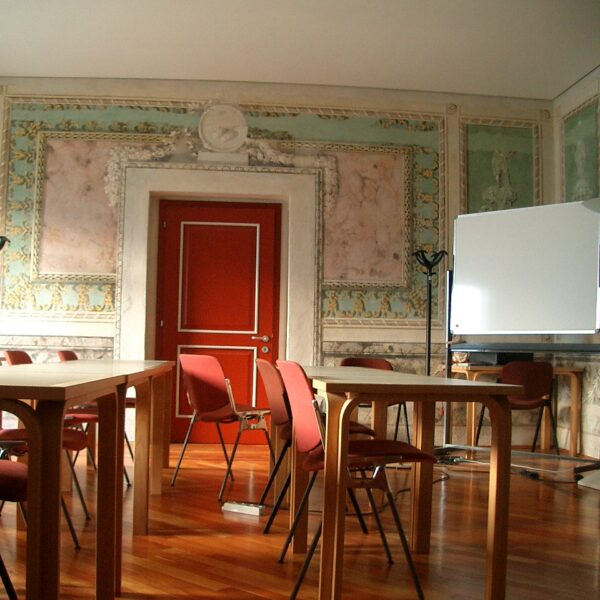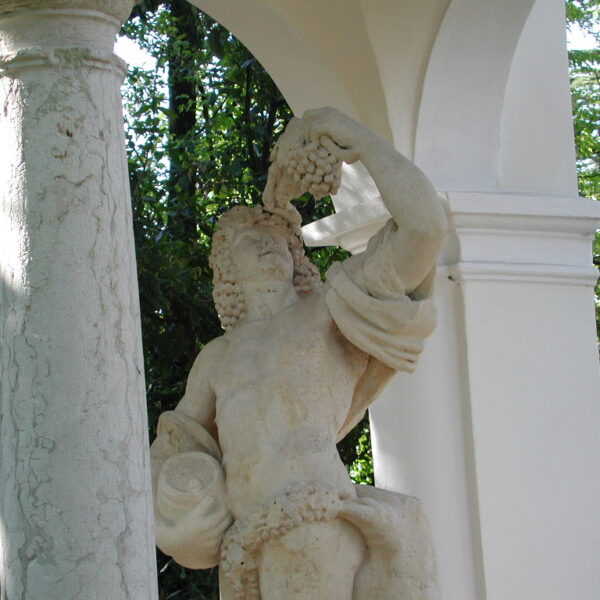Workshops General Archive
-
Fermi liquid theory is a cornerstone of quantum manybody systems. The mapping between strongly interacting particles and weakly coupled quasiparticles underlying this method provides an extraordinarily versatile theoretical tool.More info
-
The study of electromagnetic transitions opens a window into the very nature of the strong interaction. And, indeed, such a study of how a ground-state nucleon transitions to an excited state, over a broad range of q2, will provide keen insight into the evolution of how dynamically-generated masses emerge from the asymptotically-free, nearly massless quarks of perturbative QCD as well as provide information on the ancillary effects from the meson-baryon cloud.More info
-
Tremendous progress has been made in the past few years in predicting and measuring properties of neutron-rich systems, both theoretically and experimentally. Very exciting results, among others, concern the possibility to observe neutron resonances, the exploration of light isotopes on both sides of the neutron drip-line, the characterisation of fundamental properties of neutron-rich midmass nuclei and observations of neutron stars masses and radii.More info
-
At the conclusion of a small two-day workshop held on March 28-29, 2016 at Temple University ( https://phys.cst.temple.edu/~meziani/proton-mass-workshop-2016/) to explore the origin of the proton mass a consensus emerged from the participants and that is to follow-up this short workshop with a week-long workshop. The goal is to involve a larger community to investigate and expand on a set of findings of the first workshop where a three pronged approach to the problem of the proton mass was identified.More info
-
This workshop will focus on the many-body physics of superfluid paircorrelated fermionic systems. It will provide a forum for discussion and collaboration on the diverse microscopic approaches employed to study fermionic systems, notably Monte-Carlo techniques, Green’s function methods, correlated-basis approaches, and lattice simulations.More info
-
This workshop addresses the discussion of QCD processes for which data have recently become available at the ongoing RHIC and LHC programmes, or are expected in the near future. Whereas inclusive processes with a hard scale can be calculated within pQCD in LO and NLO, calculations of exclusive processes are relatively new.More info
-
Single-particle and collective degrees of freedom are often intimately coupled and mixed in atomic nuclei. This workshop will focus on the description of such subtle interplay and its impact on nuclear structure and reactions observables.More info
-
To understand two basic nonperturbative features of Quantum Chromodynamics -- confinement and chiral symmetry breaking -- remains a challenge, in spite of decades of investigations and detailed numerical simulations on the lattice.More info
-
The formalism of transverse momentum distributions and generalized parton distributions provide a framework for the three-dimensional imaging of the nucleon and nucleus experimentally using deeply virtual semi-exclusive and exclusive processes.More info
-
The workshop “Three-Body Systems in Reactions with Rare Isotopes” aims at gathering top-class scientists working on the field of reactions with radioactive nuclear beams.More info

